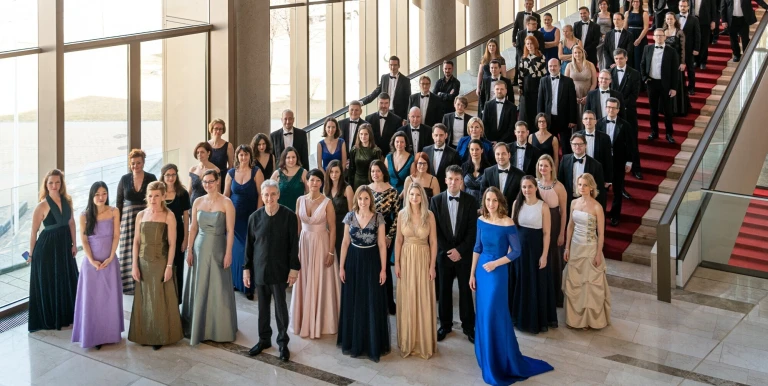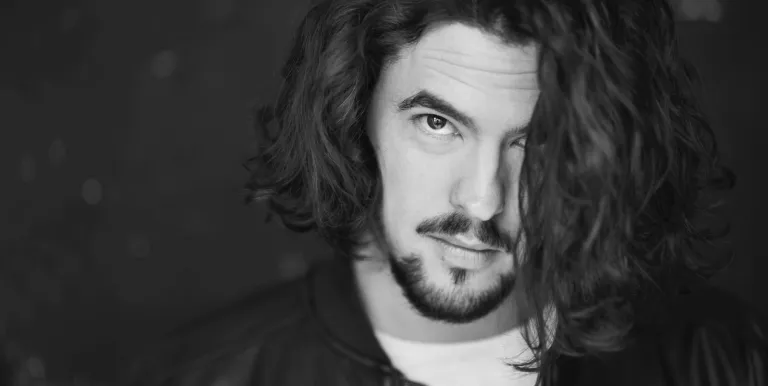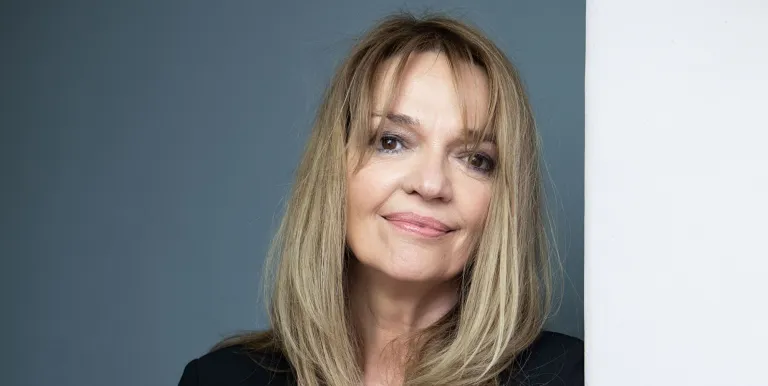one interval
Conductor:
Featuring:
Messiah is perhaps the most famous work in the oratorio literature. Considered ‘the' oratorio in the British musical tradition, its Hallelujah movement is practically England's second national anthem, with audiences still standing up when it is played at concerts. Performing the solo parts at this concert by the Budafok Dohnanyi Orchestra and the Budapest Academic Choral Society will be four extremely talented young Croatian singers, whom Gábor Hollerung met during a guest performance in Zagreb. Knowing the conductor's commitment to young talents, it is no surprise that this is how he wishes these four young artists to launch their international careers.
Many oratorios, including Messiah, are sometimes performed in differently compiled versions - with even the arias varying in key from one to another. Some of these versions often originate with the composer himself, while others can be traced back to the performance practice of their time, as handed down to us by intervening generations. The forces deployed for performing the work have also changed a great deal over time: while its 1742 premiere involved around fifty musicians, in contrast, today it is not unheard of for that number to jump to over one thousand. These days, there are two revisions of Messiah that appear most frequently. One comes to us from Mozart, and the other is the work of Sir Eugene Goossens from the 1950s. The Budafok Dohnanyi Orchestra has performed both versions. Mozart's treatment attempted to enrich Handel's relatively simple orchestration, while Goossens aimed to bring the overgrown ‘mega-orchestras' of the 19th and 20th centuries closer to the original Handel oratorio. Not only did Mozart rescore the piece, he also made logical and acceptable cuts to it. This performance takes Mozart's arrangement and compilation of movements as its starting point, with the exception of one passage: the soprano aria ‘If God be for us', which the performers left as Handel originally wrote it. Although Mozart used a German version of the libretto, the BDO has preserved the original English text, which offers a more comfortable concert experience for the performers and listeners alike. Like at other BDO performances, the audience will be guided through the programme by text captions and projected visual artworks.
Presented by: Budafok Dohnanyi Orchestra, Müpa Budapest
-
We wish to inform you that in the event that Müpa Budapest's underground garage and outdoor car park are operating at full capacity, it is advisable to plan for increased waiting times when you arrive. In order to avoid this, we recommend that you depart for our events in time, so that you you can find the ideal parking spot quickly and smoothly and arrive for our performance in comfort. The Müpa Budapest underground garage gates will be operated by an automatic number plate recognition system. Parking is free of charge for visitors with tickets to any of our paid performances on that given day. The detailed parking policy of Müpa Budapest is available here.










